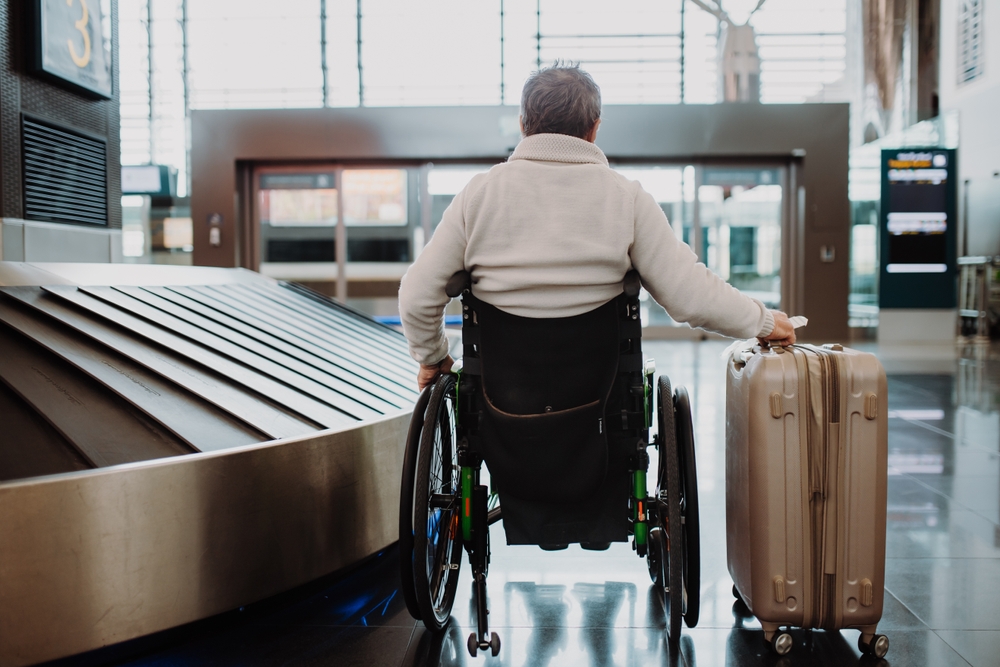The US Department of Transportation (DOT) has introduced groundbreaking regulations aimed at improving air travel for passengers with disabilities. The new rule focuses on ensuring “safe and dignified” assistance for these passengers, particularly those who rely on wheelchairs, and sets stricter standards for airlines to follow.
A Step Toward Inclusive Air Travel
The DOT’s new rule mandates airlines to provide annual, hands-on training for employees and contractors involved in assisting passengers with disabilities or handling wheelchairs. This training must be completed by June 17, 2026, marking a significant step toward inclusivity. Transportation Secretary Pete Buttigieg stated, “Every passenger deserves safe, dignified travel when they fly — and we’ve taken unprecedented actions to hold airlines accountable when they do not provide fair treatment to passengers with disabilities.”
Improved Assistance and Prompt Service
Under the new regulations, airlines must ensure timely assistance for passengers with disabilities when boarding, deplaning, or making connections. For example, passengers requiring assistance must not be left waiting until all other passengers have exited the aircraft. This change addresses common complaints from disabled travelers about delays and poor treatment during their journeys.
Enhanced Protections for Wheelchair Users
The rule also focuses on minimizing the mishandling of wheelchairs and scooters. According to the DOT’s September Air Travel Consumer Report, over 1% of wheelchairs and scooters were mishandled during that month alone. Airlines must now provide loaner accommodations for damaged or lost wheelchairs, offering additional protections to passengers in these situations.
Airlines Held Accountable
While many airlines already offer pre-boarding and assistance services, complaints about delays and mistreatment prompted stronger action from the DOT. Recently, American Airlines was fined $50 million after an investigation revealed repeated violations of rules protecting wheelchair users. Airlines such as United, Delta, and Southwest already provide information about assistance services on their websites, but the new rule raises the bar for compliance and accountability.
A Milestone for Accessible Air Travel
The DOT’s new regulations represent a vital milestone in making air travel more accessible and equitable for passengers with disabilities. These changes ensure safer, more respectful, and timely service while holding airlines accountable for their treatment of all travelers. As Secretary Buttigieg emphasized, fair and dignified travel should be a right for everyone.


